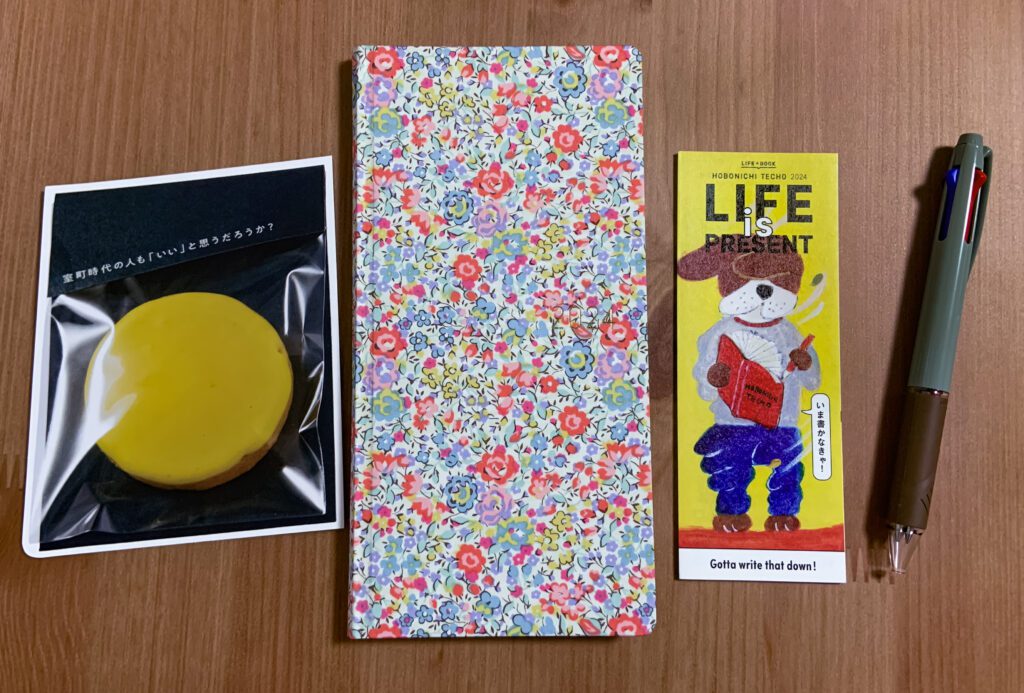Almost-Monthly Blogs ⟡ Join the Newsletter ⟡ Continuously Updating Japanese Lessons
If you’ve ever traveled abroad be it for vacation, work or as a study-abroad experience, you’re bound to have experienced culture shock.
Fresh new cultures abound with new perspectives, differing values, traits, and cultures.
But what happens when you return to your home country? For many, returning home can be the source of stress, confusion, and even depression.
So here’s 5 Ways to Overcome Reverse Culture Shock– from someone who experienced it first-hand.
My Background

When I studied abroad at Waseda University in Japan from 2017-2018, I had such a blast. It was my third year as a fledgling adult, a junior in college, and I was ready to take on the world.
While I’ll wax poetic about my time during study-abroad in another post, in a nutshell: Studying abroad was a challenging and validating experience where I was able to to learn, grow, and live college life in an entirely new country.
Learning about Japan’s different customs, cultures, and communities was constantly stimulating the adventurous part of my brain, especially in a country as different from the US as Japan.
I made friends there that I will cherish for life, met my husband, and felt truly alive amongst the glittering high-rises and stunning natural features Japan has to offer.
Therefore, you can imagine the rebound of returning to the US was a roller-coaster. That’s when I found out about reverse culture shock, and sought how to shake it off.
What is Culture Shock?

First, to understand reverse culture shock, we have to understand its twin, culture shock. During orientation, whether before or after arriving in your new country, they tell you all about it.
According to Cambridge Dictionary, culture shock is “a feeling of confusion that results from suddenly experiencing a culture with customs that are not familiar to you”.
It is often compared to a roller-coaster, and according to InterExchange, features 4 main components:
1. Arrival
2. Culture Shock
3. Adaptation
4. Recovery
Though somewhat self-explanatory, what it truly describes is a sense of excitement, followed by the difficulties of living in a new place, and the process of acclimatizing to it.
However, by the time I truly felt accustomed to Japan, it was already time to go home– go figure!
I knew returning would be difficult – how could it compare to what we had experienced? But I underestimated just how difficult re-acclimating would be.
What is Reverse Culture Shock?
While a good chunk of attention was given to culture shock, our advisors didn’t prepare us at all for reverse culture shock. As the above graph shows, it follows a similar curve to culture shock.
1. Return Home
2. Recovery
3. Reverse Culture Shock
4. Reintegration
Simple in theory, but different in reality.
While in your new country, you’re becoming accustomed to a new lifestyle and must recover from the initial shock.
In the reverse you are re-acquainted with everything you knew before.
I know for myself, dealing with reverse culture shock was more difficult for many reasons: Among them, a familiarity with the region, having less exciting things to do, and separation from my new friends and my now-husband.
It was essentially feelings of isolation and a lack of excitement.
These are the 5 ways I was able to overcome my reverse culture shock.
5 Ways to Overcome Reverse Culture Shock

1. Reconnect with friends and/or family in your home country
- Make an effort to go out with friends– don’t stay holed-up in your dorm or home.
- Visit or call your loved-ones.
- Have a home-cooked meal or dinner party (whether with friends or family this is sure to brighten your spirits!)
- Start a weekly zoom call for far-away friends and schedule in-person hangouts often.
- Play board games or video games with friends/family.
2. Visit new places in your home country

- Explore new cities or attractions and consider the pros of living in your home country.
- Check out that place you’ve always been meaning to try: restaurants, coffee shops, or that salad bar you always see but never go into.
- Go to a concert, ball game, or theme park to surround yourself with the energy of the crowd.
3. Commiserate and feel catharsis
- Going through reverse culture shock is hard in a way most people won’t understand. It’s okay to just feel your feelings.
- Try yoga or meditation, and allow yourself to be in the moment.
- Watch an emotional movie on your own or with friends/family to get your emotions out in a healthy way.
- Try a new form of exercise or sport that gets you involved with other people while boosting endorphins.
- Have a good cry. Sometimes letting your emotions flow makes you feel better.
4. Get your feelings out in a creative way

- Release your feelings through artistic means like painting or scribbling.
- Start writing in a diary or journaling to capture any good or bad moments.
- Pour your feelings into a comic to help others, and yourself.
- Try knitting, crochet, or embroidery to give your mind something else to focus on – and end up with a cool hat or scarf at the end!
5. Get involved in your community
- Look into joining your school’s Study-Abroad Alumni program.
- Volunteer at their future orientations and help prospective study-abroad students.
- Find a Reddit or Discord server dedicated to study-abroad or expats.
- Join a club at your college or find a group in your community doing something you are interested in. For example: Comics Club, Cooking Club, a Plein Air Society, etc.
- Volunteer at a local organization like a food bank, animal shelter, afterschool program, etc.
Read the Reverse Culture Shock Comic
Read my comic, Reverse Culture Shock for a more detailed look at my personal experience.
This comic was featured in the Nagano Jet Programme’s Leaver’s Series 3 and Transfer Magazine issue 118.

Final Thoughts
Reverse culture shock is complicated, and everyone will have a different experience on their way back.
Perhaps you really missed your home country, and are just itching to re-integrate with your friends and previous lifestyle, or maybe you haven’t really worked out how you feel yet.
And at the end of the day, time heals all wounds. In time, the things you miss just become things to look forward to when you return for another trip, or a chance at working abroad.
But no matter whether you’re just returning or have been back for years, reminding yourself to do these 5 things may just help.




